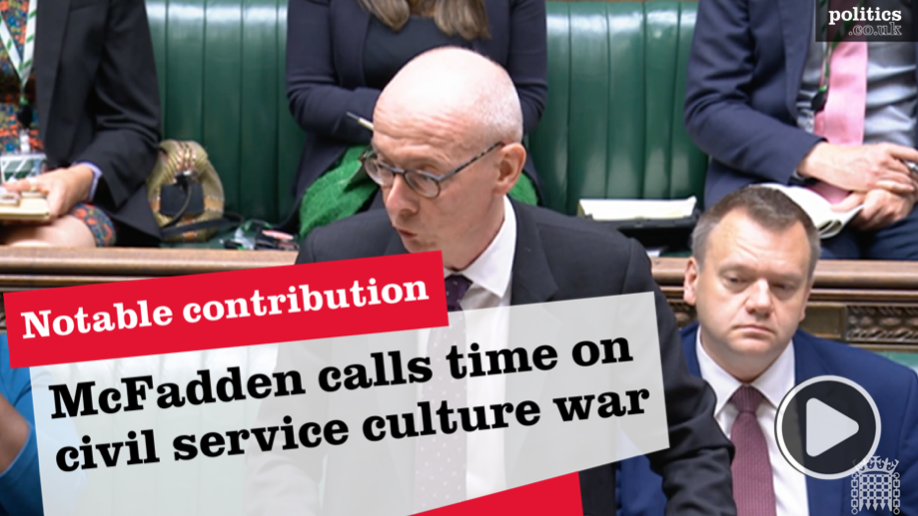Chartered Institute of Taxation: Scottish response to UK Budget
The Chartered Institute of Taxation (CIOT) has commented on the Chancellor’s decision to reduce employee National Insurance contributions by 2p from April.
A tax table showing the differences between Scottish and UK taxpayers (income tax and National Insurance combined) is included below.
Sean Cockburn, Chair of the CIOT’s Scottish Technical Committee, said:
“Cutting National Insurance rather than income tax means the Chancellor can say his decisions on personal taxes benefit taxpayers across the UK.
“Had he chosen to cut income tax in England, this would have resulted in further divergence with Scotland.
“This reduction means that compared with the current tax year, taxpayers will pay up to £1,320 less in National Insurance in 2024/251.
“The combined effect of the Scottish Government’s income tax policy and these National Insurance reductions mean that in the coming year, Scottish taxpayers with income of up to £112,900 will pay less in tax and National Insurance combined than they have in the current tax year.
“But those with earnings above £28,867 will pay more tax and NI than someone with the same level of earnings in the rest of the UK, because of higher rates of Scottish income tax.
“Just like the Autumn Statement, this announcement does nothing to address the anomaly that taxes Scots pay a higher marginal rate of tax on earnings between the Scottish and UK higher rate thresholds2.
“For 2024/25, this marginal tax rate for Scotland will be 50 per cent, compared with 28 per cent in the rest of the UK.
“The rate may have fallen, but the anomaly remains unchecked”.










